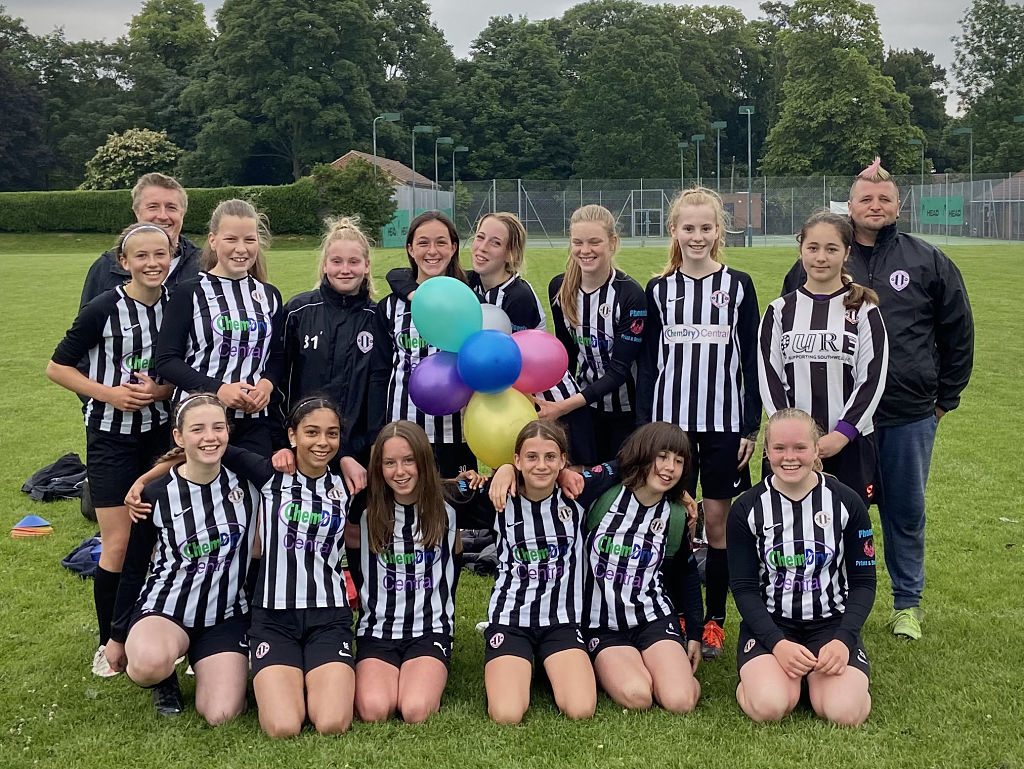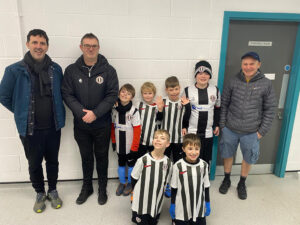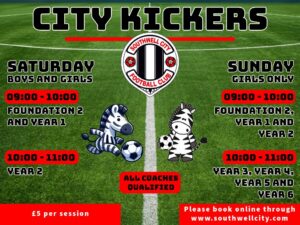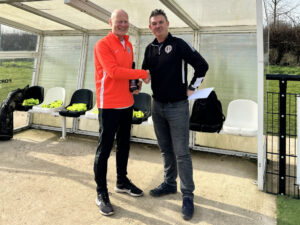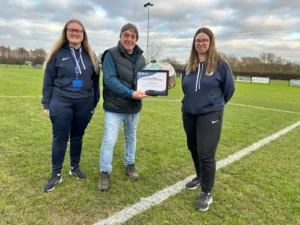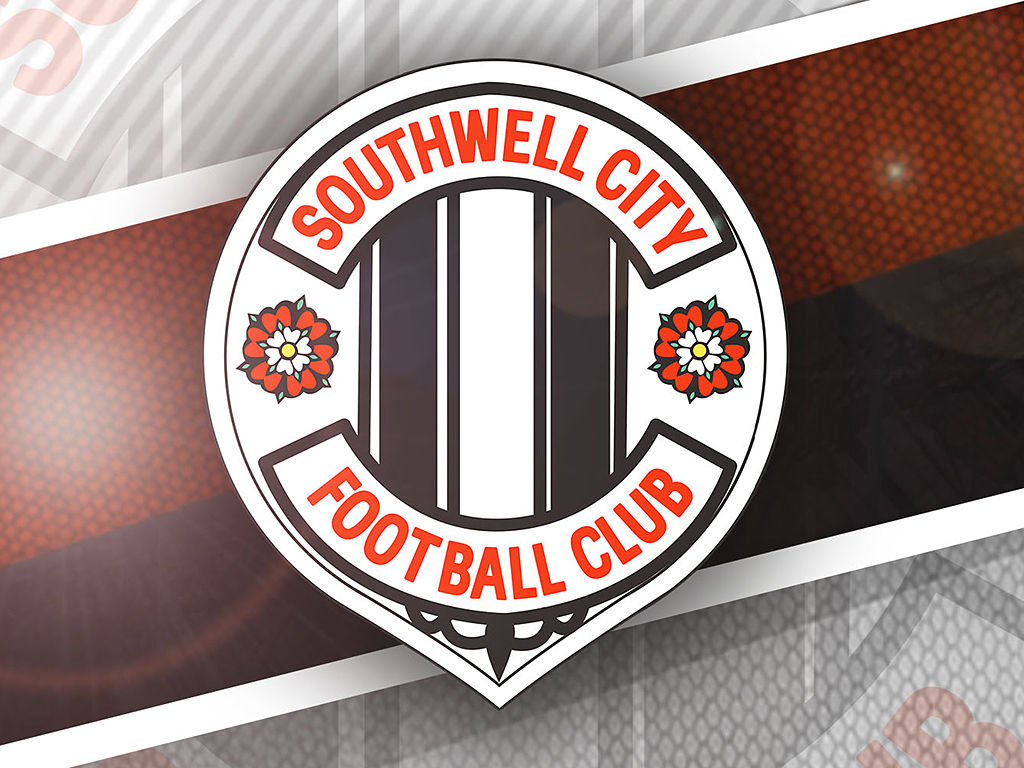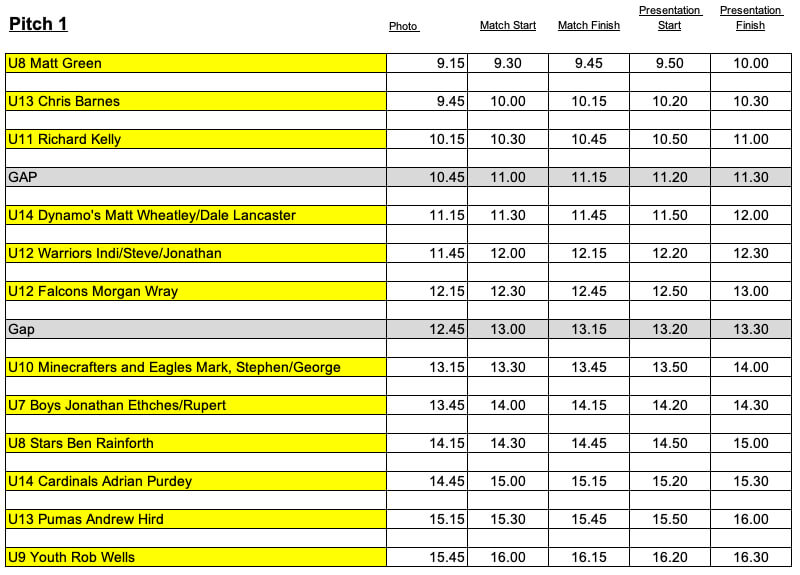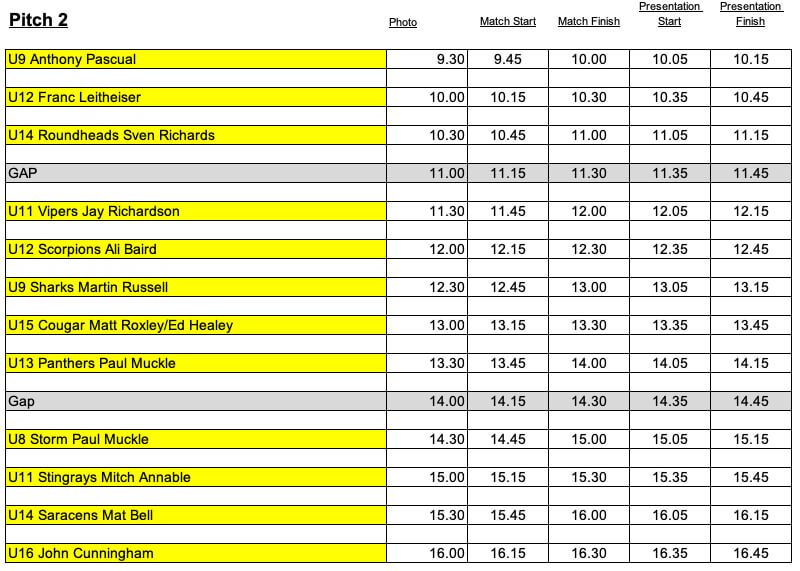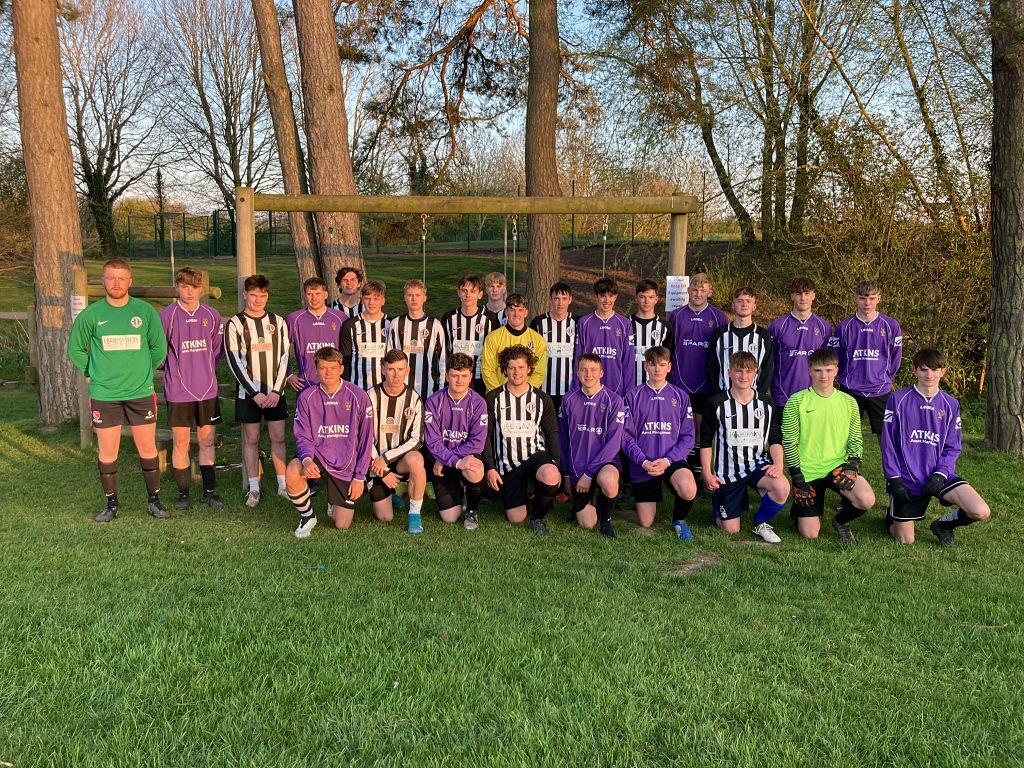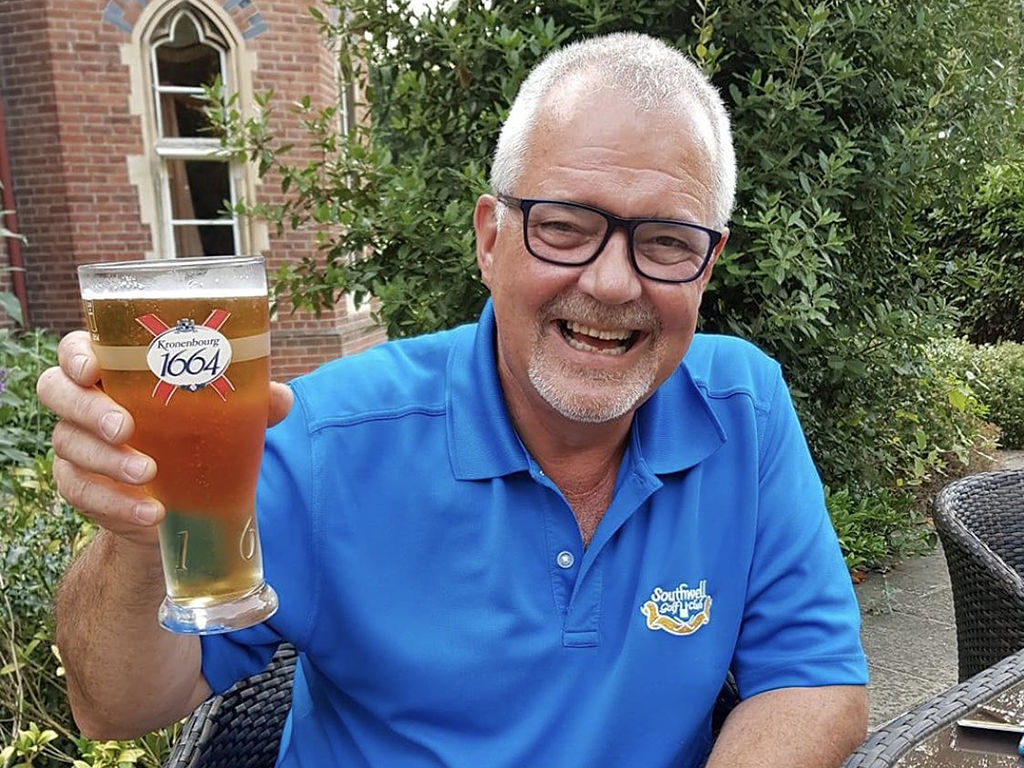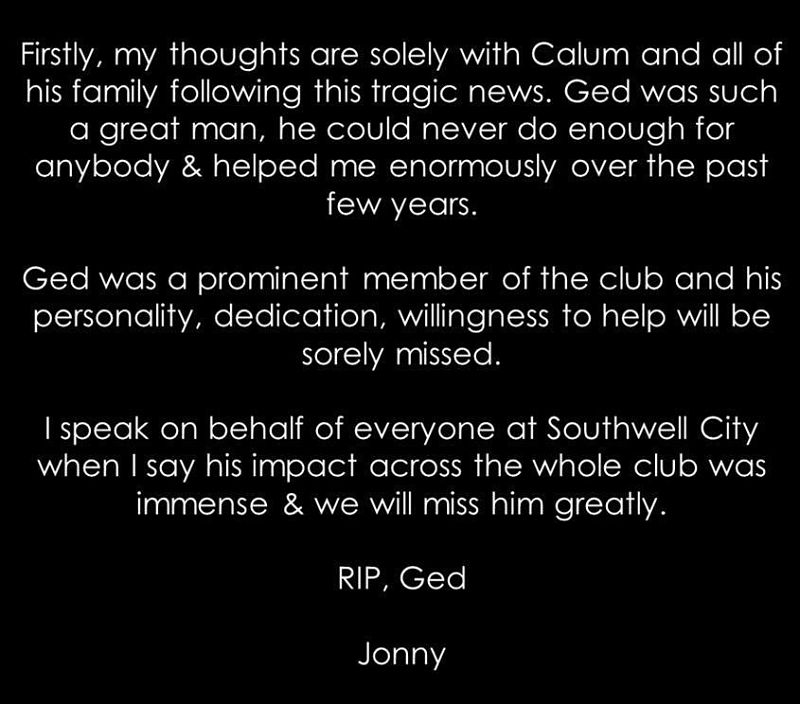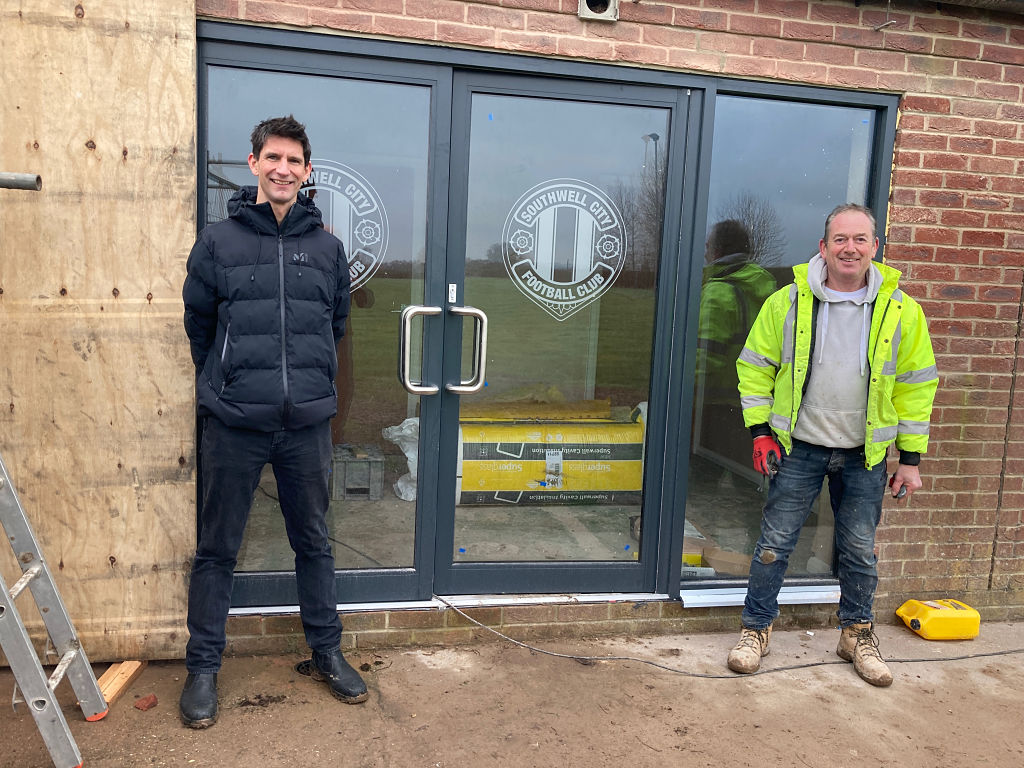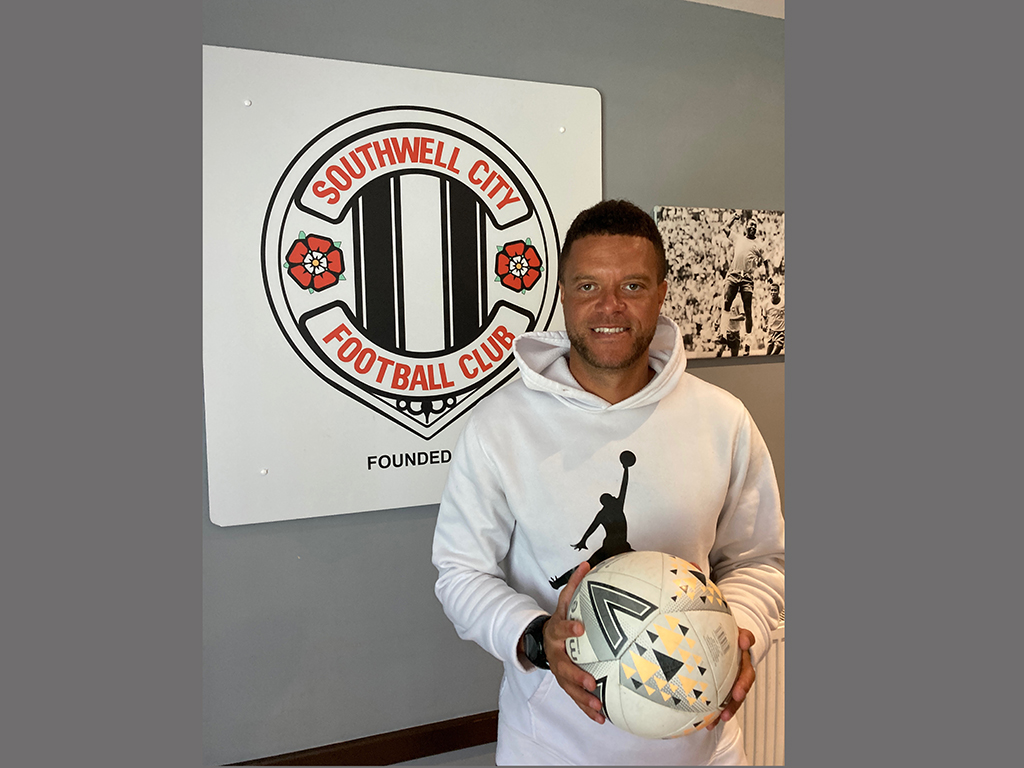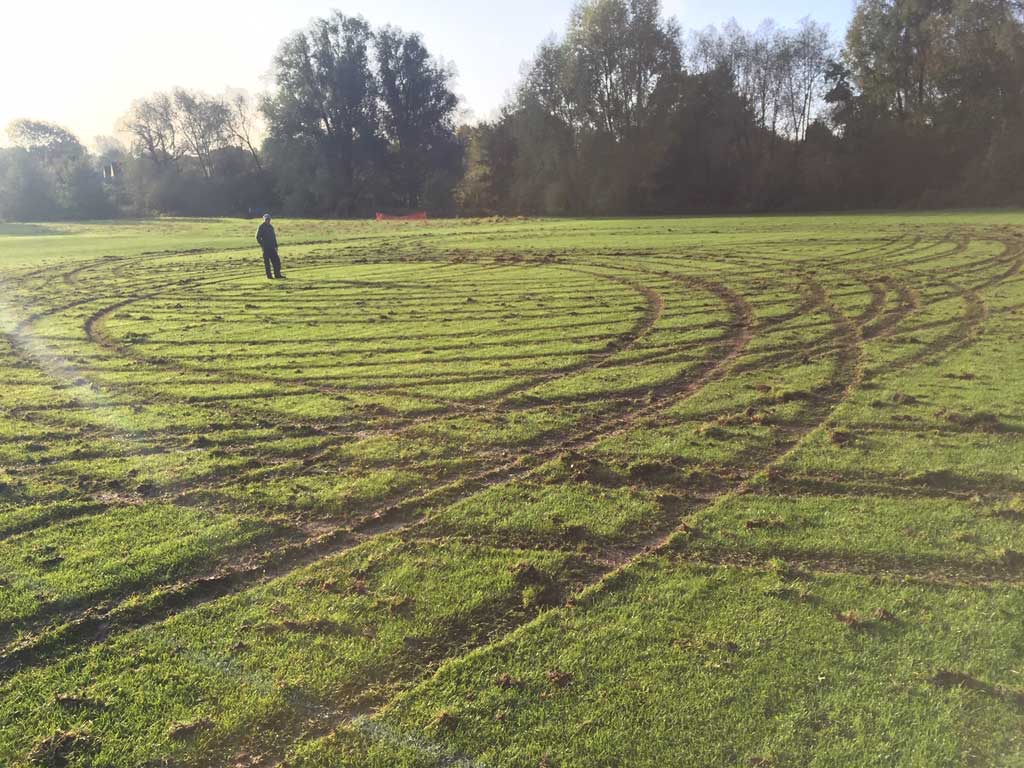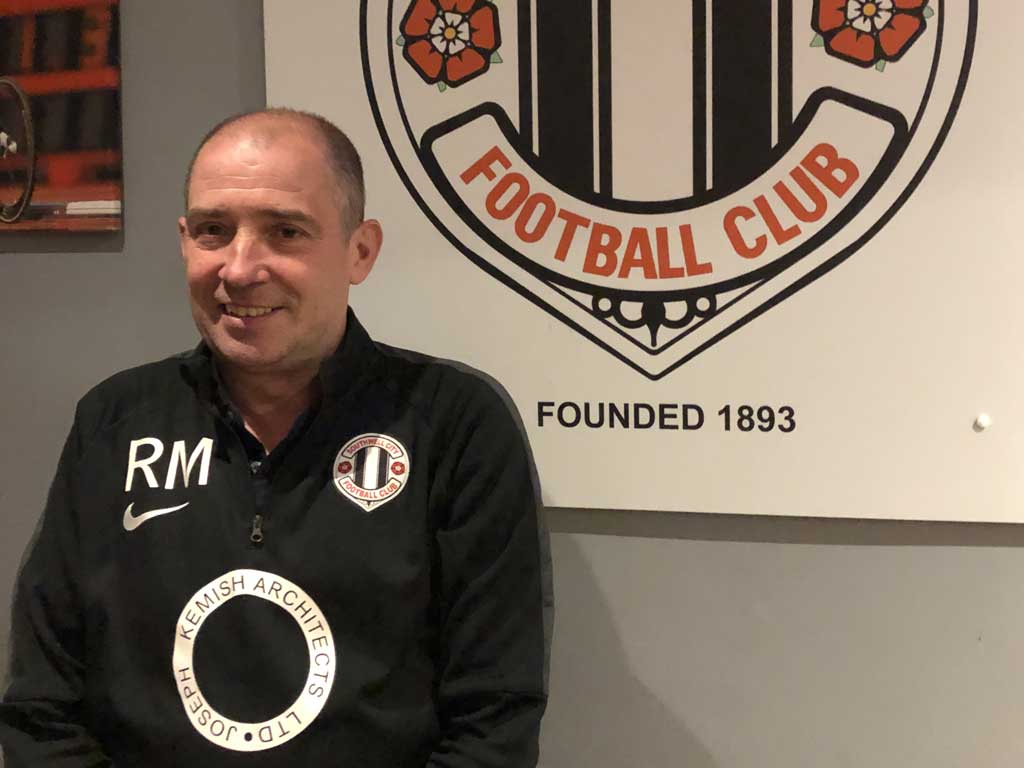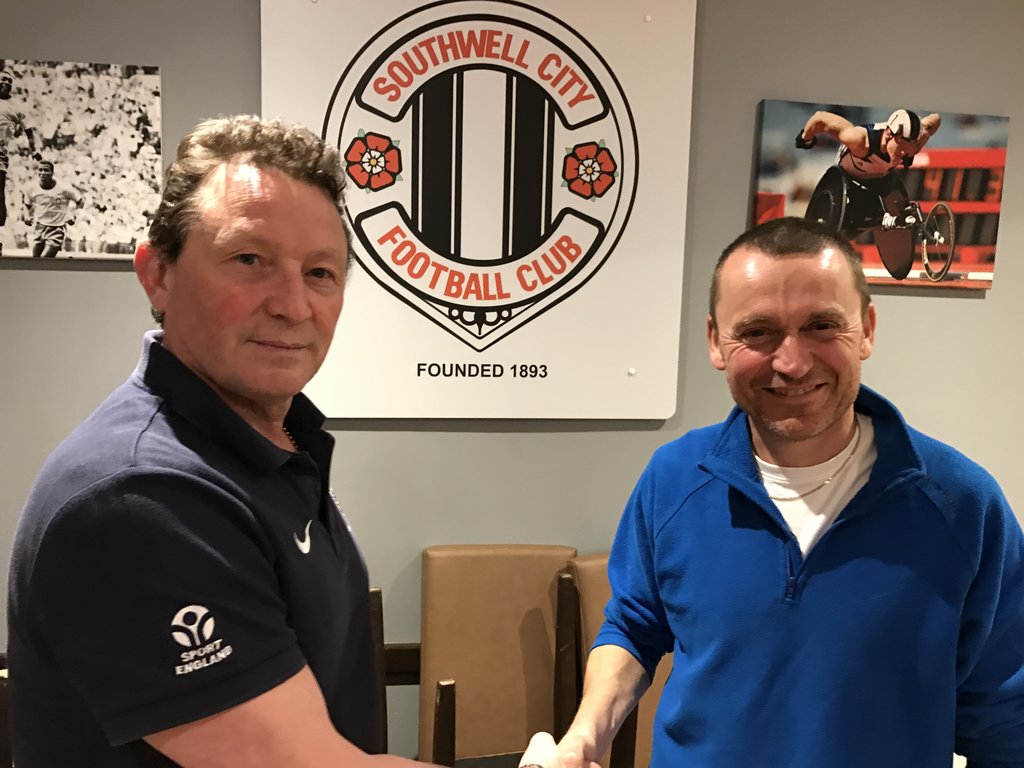John Cunningham, newly elected chair of Southwell City Football Club discusses with Richard Miller, the role of Welfare Officer within the club.
John – Let’s start at the beginning, what does a Welfare officer do?
Richard – The work is perhaps in two camps. 1) keeping the issue of player welfare high on the agenda of managers, parents and the executive committee 2) dealing with and supporting situations when thing have perhaps gone wrong or differing views exist.
John – Can you expand on keeping welfare high on the agenda?
Richard – in its simplest form it is ensuring we consider welfare on each manager meeting, in our club handbook and at the executive committee. Perhaps explained differently it is about raising the profile of the club’s ethos, speaking to managers or parents, but making sure we always consider the experience of the player.
Each team is different. Different people, different players, sometimes different goals and we have to react to those. In reality the club if offering fun, exercise and great team building skills to young people in Southwell and the local villages, we must always keep that in mind.
In practical terms we work with managers to ensure things like qualifications are right and they feel supported.
John – Qualifications; I might know what that involves but how would you explain it to someone new?
Richard – There are 4 elements to the qualifications. Child Welfare, CRC checks (also know as DBS), 1st Aid and coaching badges. All are important. We want the checks done to give confidence to parents, carers and the club but 1st aid and coaching are as important.
When and hopefully not too regularly a manager has to deploy their 1st aid skills we hope it means they feel confident; the player feels supported. However, it could be a more serious issue with a player, supporter or referee. We have de-fib machines at both our grounds and while not used as far as I recall, I know they have been on the pitch under advice of emergency services, this is welfare – keeping people safe to the best of our abilities.
If I considered qualifications, it is about the professional way a manager approaches their training and match day sessions. These qualifications are a commitment by the volunteer managers in terms of time to pass and this is an important aspect of the club. Managers should be supported, informed and given the resources to deliver great experiences for players. We have an FA mentor who works with us and supports coaches when he can.
John – lots of points there, the role, the expectations and the qualifications, what else does welfare consider?
Richard – we are currently planning development at both club houses and making sure they are fit for the future is part of that. The environment must give people to have the best experience we can offer. I might also suggest referees as a part of welfare.
As a club we support what are often young people to enjoy referring and cover the costs of the course. We also have to make sure we create the environment for them to flourish, to learn as that is what they are often doing. It’s great we have so many local people who referee, we can of course always do with more!
John – any closing views
Richard – The role is much wider than people often think. The main objective is preventing disagreements, supporting people and giving great player, parent, carer and official experiences. That is only delivered thought the great volunteer coaches we have.
John – we could go on more but an interesting insight to a role which some might have viewed as dealing with just the problems. Good luck this year, the club’s development is exciting, and I look forward to presenting an even better experience for players, parents, carers, officials as the club continues to develop.

